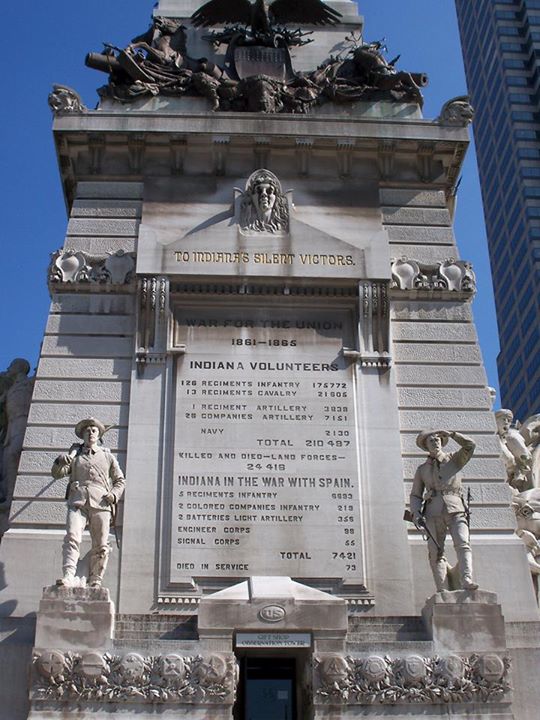
Monday, 11 May 2015
All the brethren greet you. Greet one another with a holy kiss. 1 Corinthians 16:20
Paul has completed his short list of those he singled out for personal greetings. Now, in the same thought in order to promote the general good of the congregation, as well as a deep-seated display of love, he tells them to “Greet one another with a holy kiss.” This was, and still is, the custom in many parts of the world. The kiss is intended as a greeting just as western nations today shake hands or possibly hug, depending on familiarity. In the Far East, a deep and respectful bow is given in substitute of this.
Although Paul’s letters are prescriptive, intent must always be considered. Is Paul mandating that all people in all churches meet one another “with a holy kiss?” The answer is “No.” The reason why this is important is because there are small pockets of churches that mandate this even today and even in western societies. However, the intent of the kiss of greeting is cultural, not merely biblical. Proof of this follows from the first kiss noted in the Bible in Genesis 27:26 when Isaac blessed his son Jacob before he departed to Padan Aram.
From that point, the kiss is seen among the covenant people and among those who aren’t yet in the covenant, thus demonstrating the cultural nature of the greeting. It is used in the same way we use a handshake. When Jacob met Rachel, without knowing her in any familiar way yet, he kissed her. In 2 Samuel 20, the following exchange begins with a kiss of greeting and ends in death –
“Then Joab said to Amasa, “Are you in health, my brother?” And Joab took Amasa by the beard with his right hand to kiss him. But Amasa did not notice the sword that was in Joab’s hand. And he struck him with it in the stomach, and his entrails poured out on the ground; and he did not strike him again. Thus he died.” 2 Samuel 20:9, 10
In 1 Samuel 20:41, David and Jonathan, close male friends, gave a fraternal kiss in accord with the culture before departing. And, Proverbs 27:6 notes the following –
“Faithful are the wounds of a friend,
But the kisses of an enemy are deceitful.” Proverbs 27:6
This demonstrates clearly that the kiss is cultural because even enemies will kiss rather than shake hands. This is seen in these parts of the world today when leaders who are at war with each other still greet with a kiss. Replacing “kisses” with “shaking of hands” in this Proverb would hold exactly the same meaning and intent.
And as a premier example of this, read the following exchange between Jesus and Simon the Pharisee –
“And He said to him, ‘You have rightly judged.’ Then He turned to the woman and said to Simon, ‘Do you see this woman? I entered your house; you gave Me no water for My feet, but she has washed My feet with her tears and wiped them with the hair of her head. You gave Me no kiss, but this woman has not ceased to kiss My feet since the time I came in. You did not anoint My head with oil, but this woman has anointed My feet with fragrant oil. Therefore I say to you, her sins, which are many, are forgiven, for she loved much. But to whom little is forgiven, the same loves little.'” Luke 7:43-47
And of course, the most famous kiss in history is recorded concerning Judas’ betrayal of Jesus and reflects the sentiments of Proverbs 27:6 (above) perfectly.
It is important then to understand the cultural nature of this admonition by Paul lest we get swept up into legalism over something which is actually not intended for all cultures and in all situations. If a person with an immune deficiency were to use this verse in a prescriptive manner, he could soon be dead from receiving the germs of others.
Finally, the kisses in these and other verses throughout the Bible which are between men and men (such as David and Jonathan noted above) are not in any way intended to convey the perverse sin of homosexuality as modern liberals often imply. They are merely cultural and welcoming displays just as handshakes are today. To imply this in their writings shows a disregard for God’s order in the natural world.
Life application: If you are in Rome, do as the Romans do. If you are in Japan, do as they do. It wouldn’t be appropriate to go to church in the Far East and attempt to hug, kiss, or even shake the hands of another unless they first offered. If you are in a mid-eastern area, a fraternal kiss may accompany a greeting. In America, a hearty handshake and maybe a friendly hug is the custom. The intent of Paul’s words is promoting warmth and harmony between believers, not causing offense.
Lord God, how grateful I am to travel the world and to see so many different cultures that worship You in their own way. And yet, each still exalts the wondrous work of Jesus. You truly are the God of the nations and He is Lord over all people. The songs differ, layout of the meeting places varies, and the way prayers are conducted are unique, but when the Son is exalted, You O God are glorified! How good it is to for brothers of all nations to dwell together in harmony. Amen.




